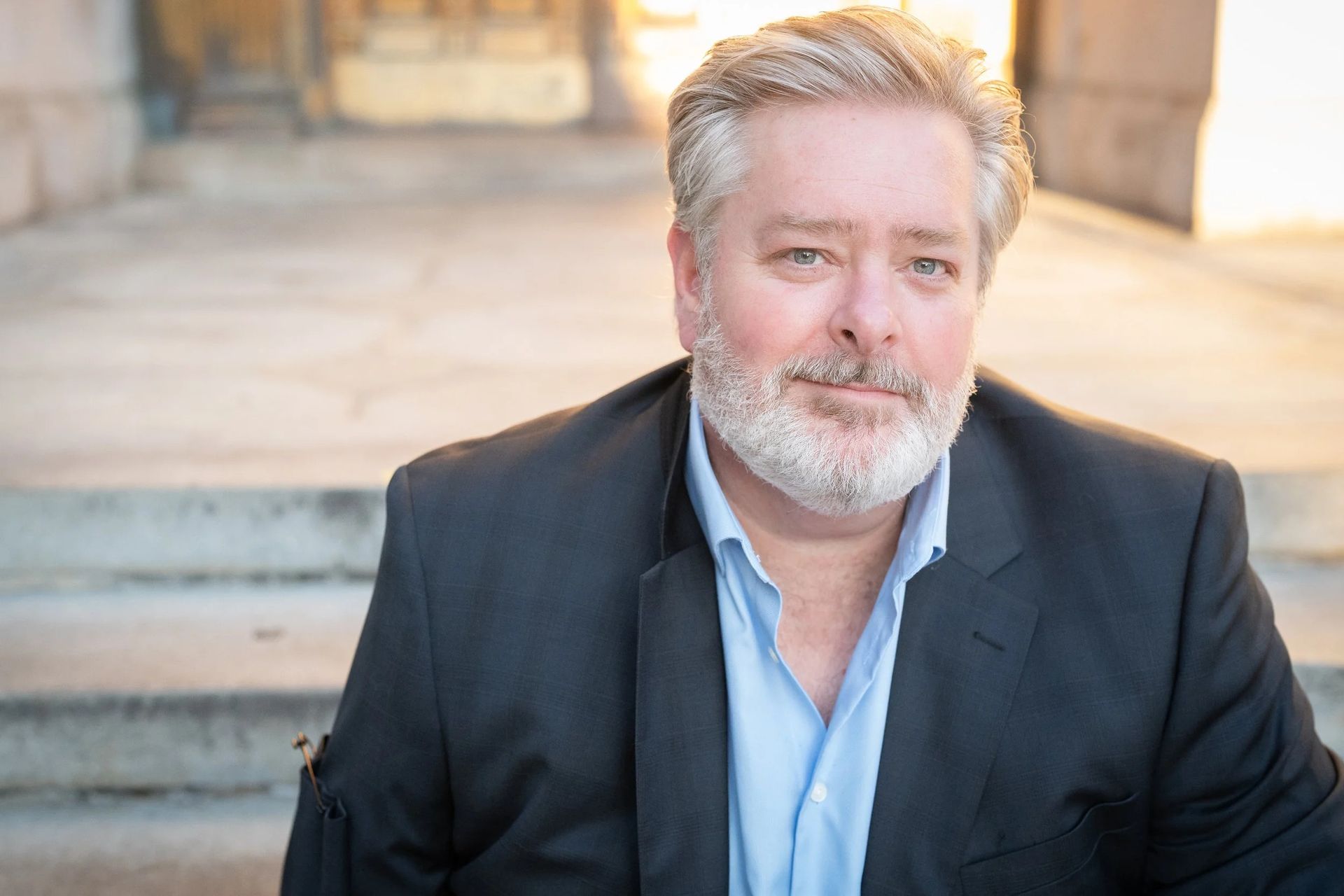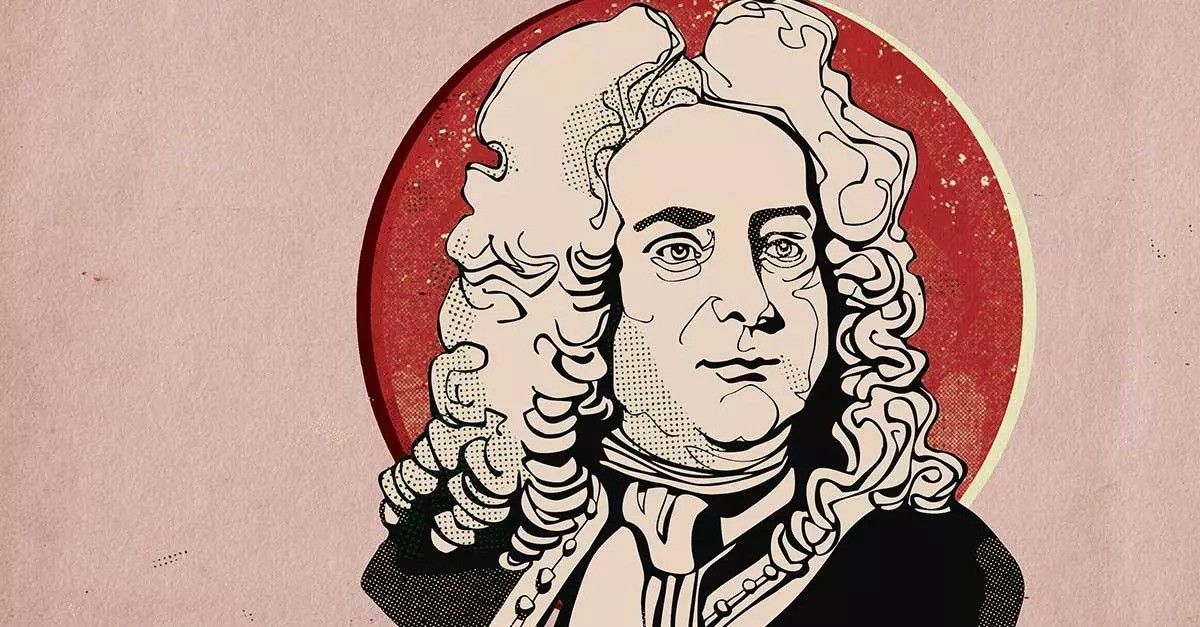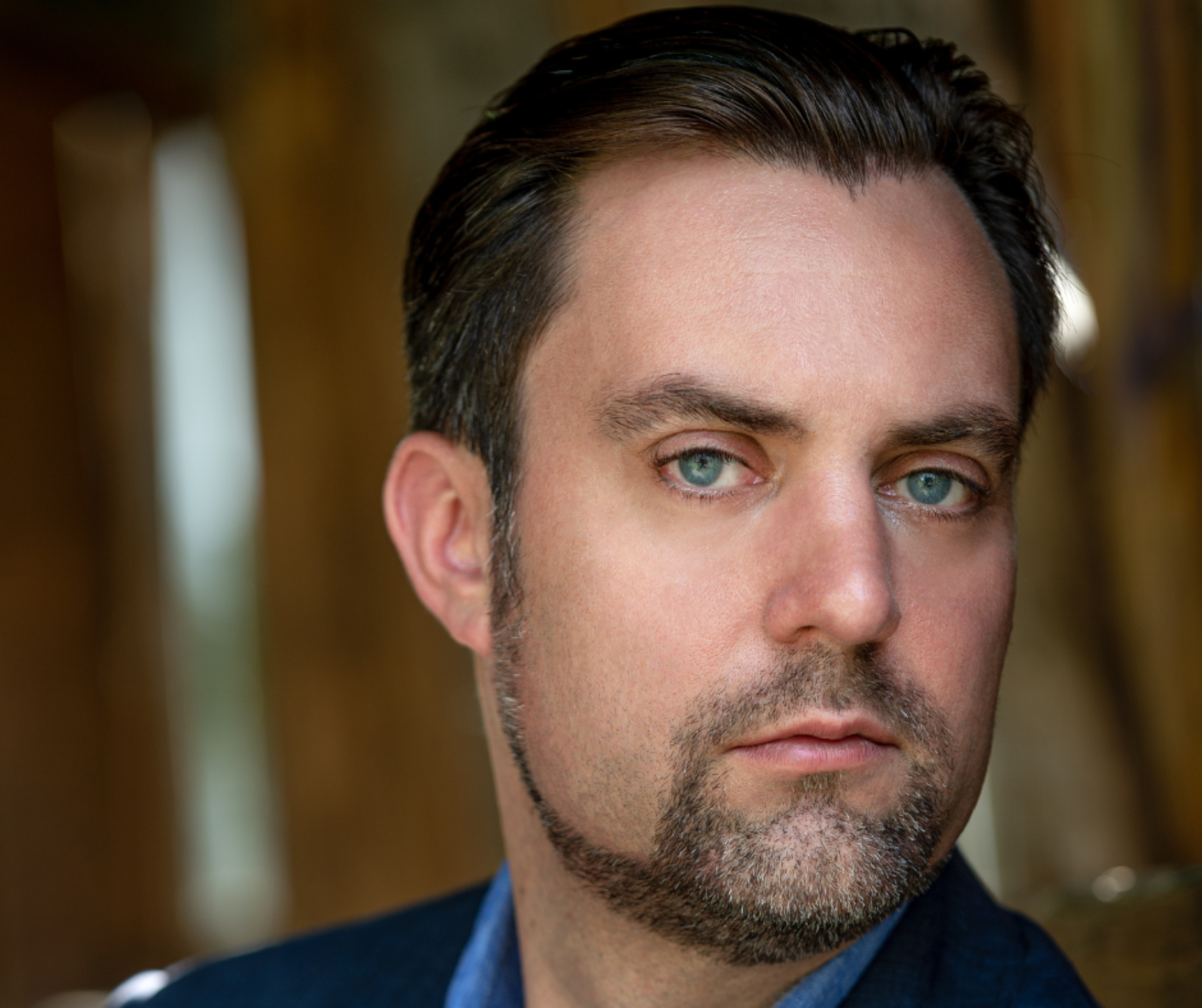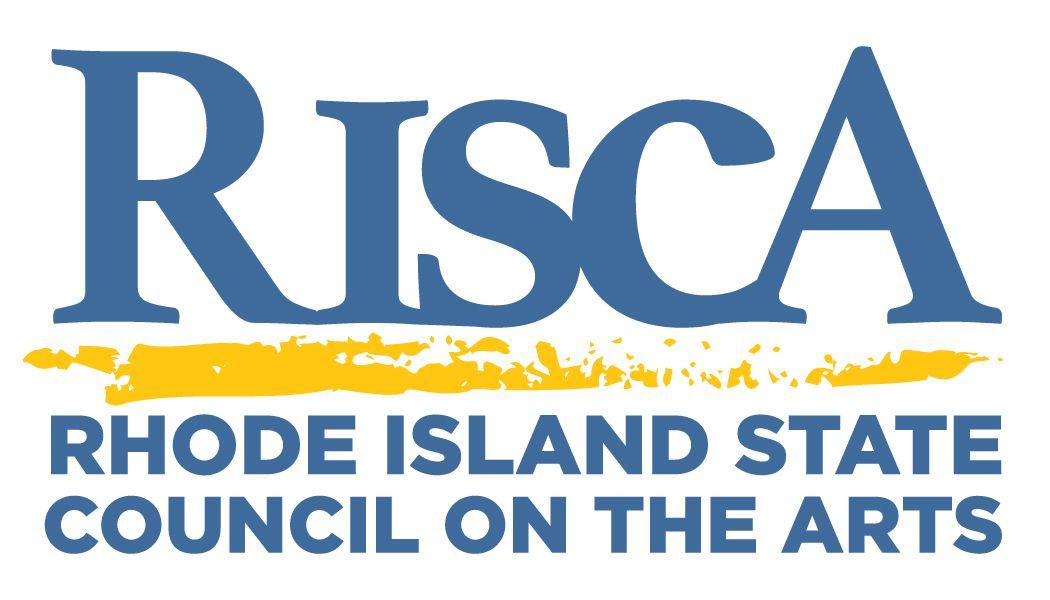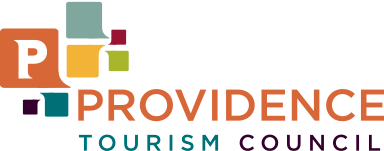THE STORY BEHIND: Strauss' "Four Last Songs"
Share
On June 3, conductor Leonard Slatkin and the Rhode Island Philharmonic Orchestra will present the 2023 Annual Gala Concert with soprano Renée Fleming.
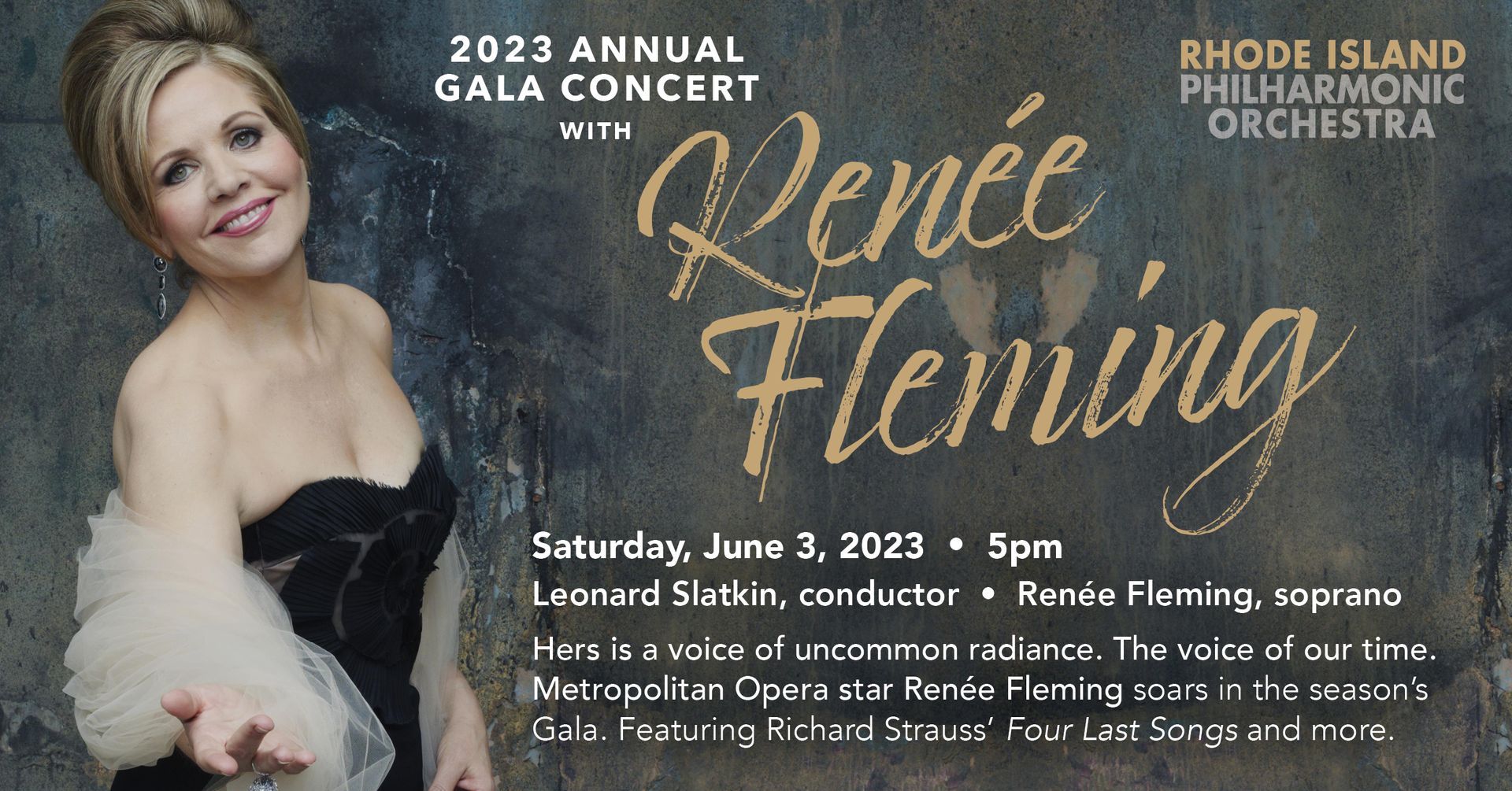
TTHE STORY BEHIND: Strauss'
Four Last Songs
Title:
Four Last Songs, TrV 296
Composer:
Richard Strauss (1864-1949)
Last time performed by the Rhode Island Philharmonic:
Last performed January 12, 2002 with Larry Rachleff conducting and soloist Nancy Gustafson. In addition to a solo soprano, this piece is scored for two piccolos, four flutes, three oboes, English horn, three clarinets, bass clarinet, three bassoons, contrabassoon, four horns, three trumpets, three trombones, tuba, timpani, harp, celesta and strings.
The Story:
Renée Fleming is known for saying that Strauss brings the poetry of Joseph Eichendorff and Herman Hesse to life — particularly her favorite passage, the first verse of "September": "The garden is in mourning / The cool rain seeps into the flowers / Summertime shudders, quietly awaiting his end." And while it is true that Strauss transforms the text from inspiring words into a vibrant work of art, at once both intimate and expansive, it is the performer who literally breathes life into a piece, making it an immersive experience for all who hear. And no one does this better than Ms. Fleming. To date, Strauss’s Four Last Songs is the most widely performed work in her repertoire. "I think the pieces represent an allegory of the passages of life," Fleming says.
It was a year before his death, in 1948, when Richard Strauss composed this unique contribution to the repertoire. The title was chosen posthumously by the publisher, as Strauss himself was unaware that these would, indeed, be his last songs. But the choice was a respectful one, as the songs do express a calm acceptance of the inevitable, meditating on life, death, and the transition into “the magic circle of the night.” Two years earlier, Strauss had discovered Eichendorff’s poem “Im Abendrot” (“At Sunset”), which depicts an old couple contemplating the end of life together. Perhaps this reminded Strauss of his own long and happy marriage to the soprano Pauline de Anha, whom he had accompanied many times on the piano. In fact, it is more than likely that Strauss had Pauline’s voice in his head when he composed the bewitchingly sensuous and achingly nostalgic
Four Last Songs. Strauss drew on his mastery of orchestration (he literally wrote the book on it), to achieve an astonishing kind of musical alchemy here. He uses the grand forces of the symphony orchestra to create a thrilling sense of intimacy that, in lesser hands, could only be the province of chamber music.
Lyrically, each song features exquisite word painting. In the first, “Frühling” (“Spring”), the soprano’s voice rises up as she dreams of trees and sky, while the flute evokes birdsong.
“September” paints a picture of a fading summer garden, and sinuous vocal phrases, framed by clarinets and oboes, depict the rain soaking into the grateful earth. Towards the end, the soprano lingers on the word “Augen” (“eyes”), paralleling a slow drifting into unconsciousness, and a horn solo concludes the song.
The sparkling celesta evokes a starry sky during “In Beim Schlafengehen” (“When Going to Sleep”), as the soprano yearns to forget all thoughts in slumber. A violin solo seems to lead us into the heavens, where the soprano is only too happy to go.
“Im Abendrot” begins with a vivid orchestral depiction of sunset, as two trilling flutes represent the poem’s pair of larks ascending into the sky (a metaphor for the souls of the old couple). The light fades as the song unfolds, until the soprano asks, “Ist dies etwa der Tod?” (“Is this perhaps death?”). The orchestra whispers the most amazingly organic of responses: the “transfiguration” theme from Strauss’s
Death and Transfiguration, written some 60 years before. Strauss says goodbye wistfully, but not tragically.
Program Notes by Jamie Allen © 2023 ALL RIGHTS RESERVED
Tickets start at $35! Click HERE or call 401-248-7000 to purchase today!

